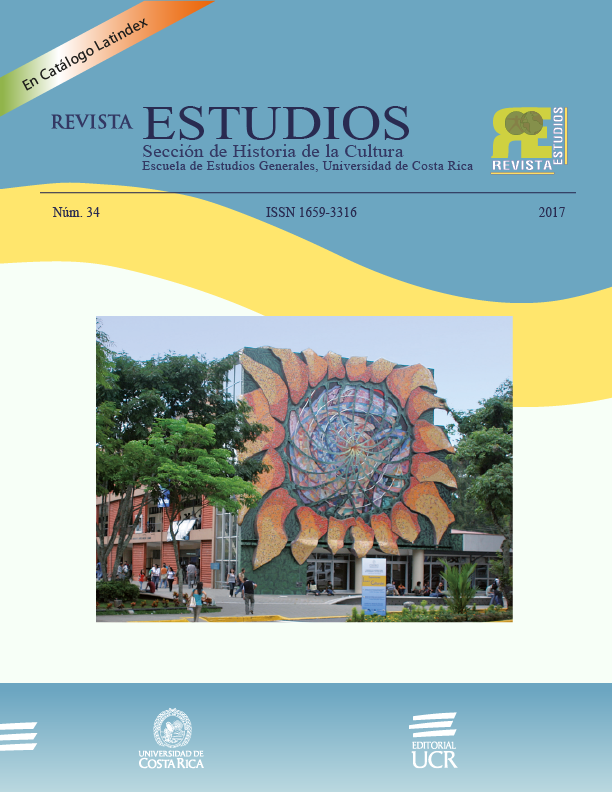Abstract
This text is a reflection about the theological conceptions of the German-Jewish philosopher Walter Benjamín. We argue that such theories condition their conception of the world and that the Messianic materialist author's approach is the clearest example of the possibility of a connection between monotheistic religiosity and critical-libertarian thinking. If, over the years, he has been considered as a "heterodox" author derived from the Frankfurt School, it is questionable whether his living interpretation of Marxism, given its marginal Jewish in Europe between the wars, is no more authentic than purely speculative interpretations that precisely by dispensing with the social factor, they remove Marxism, the main feature of its materialism: being a doctrine experienced in its own flesh by who theorizes and not be only an abstract form, devoid of real and concrete foundation. In times like these (21st century) and in places like this (Latin America) we must ask ourselves how effective is a critical discourse arising from marginality, precariousness and despair in the presence of death and abomination. Reflecting from pain, one has a full understanding of that which should not be repeated and thinking from injustice can understand the need for redemption and liberation.References
Adorno, T. (1984). Crítica Cultural y Sociedad. Madrid, SARPE.
Benjamin, W. (1998). La Dialéctica en Suspenso. Fragmentos sobre Historia. Santiago de Chile, Coedición Universidad ARCIS-LOM Ediciones
Benjamin, W. (1982). Infancia en Berlín hacia 1900. Madrid, Alfaguara.
Benjamin, W. (1982). La Obra de Arte en la Era de su Reproducibilidad
Técnica”, en: Discursos Interrumpidos. Madrid, Taurus Ed., pp.15-60
Berkeley, G. (1985). Principios del Conocimiento Humano. Madrid, SARPE.
Berman, M. (1999). Todo lo Sólido se Desvanece en el Aire. La Experiencia de la Modernidad. Madrid, Siglo XXI.
Hegel, G. (1998). El Concepto de Religión en Hegel. México, Fondo de Cultura Económica.
Horkheimer, M. (2000). Teoría Tradicional y Teoría Crítica. Barcelona, Ediciones Paidós, Universidad Autónoma de Barcelona.
Levinas, E. (1987). Totalidad e Infinito. Ensayo sobre la Exterioridad.
Salamanca, Ediciones Sígueme.
Marx, K.; Engles, F. (1937). Tesis sobre Feuerbach. Apéndice de Ludwig
Feuerbach o el fin de la filosofía clásica alemana. En: Obras escogidas, Moscú, Editorial Progreso.
Sholem, G. (1996). Las Grandes Tendencias en la Mística Judía. México,
Fondo de Cultura Económica.
Spinoza, B. (1984). Ética. Madrid, SARPE.

